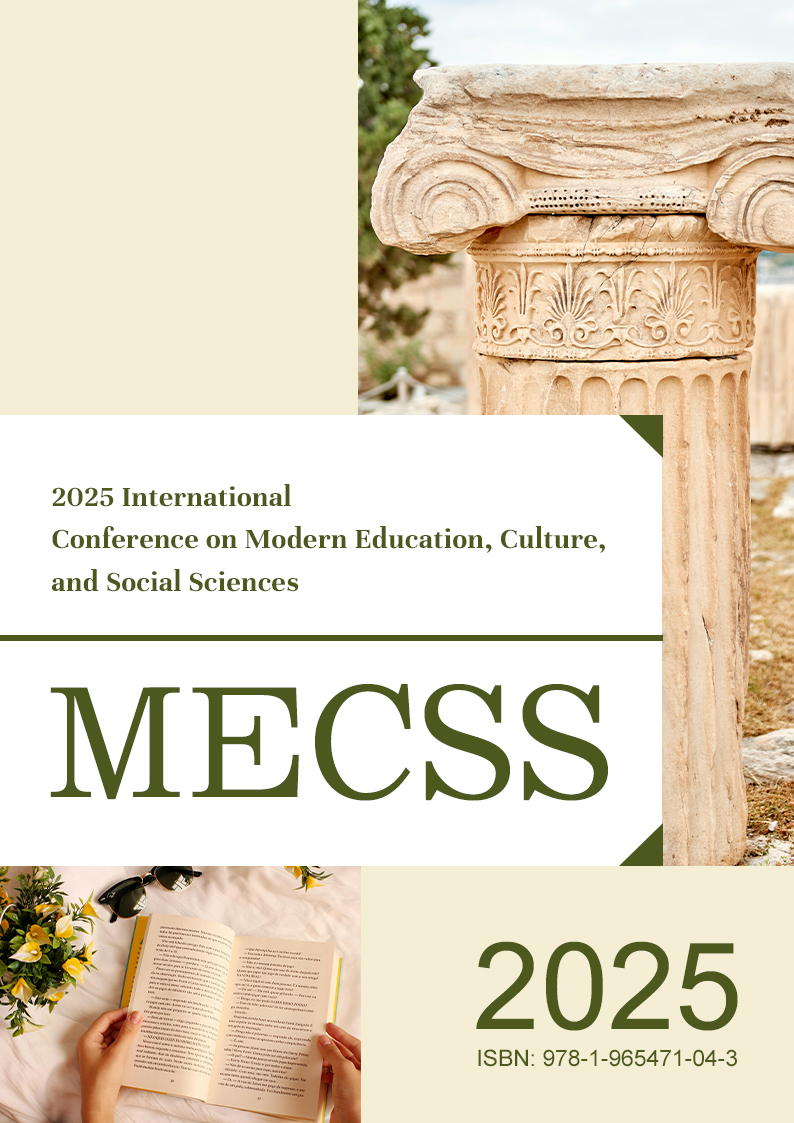Confucianism Revisited — The Role of Wang Yangming’s Philosophy of Mind in the Age of Artificial Intelligence

Authors:
Zhongmou Li
Keywords:
Wang Yangming’s Philosophy of Mind; artificial intelligence; ethical crisis; innate knowledge (liangzhi); prudent self-discipline (shendu); technological governance; Confucianism
Doi:
10.70114/ahmer.2025.2.1.P185
Abstract
Against the backdrop of the rapid evolution of artificial intelligence—which is profoundly reshaping social structures and value orders—ethical and subjectivity crises are becoming increasingly acute, demanding a timely cultural response. As a pivotal strand of China’s intellectual treasury, Wang Yangming’s Philosophy of Mind—anchored in the propositions “the mind is principle,” “there is nothing outside the mind and no principle outside the mind,” and the imperative to “extend innate knowledge (liangzhi)”—offers deep resources for addressing the technological and axiological dilemmas raised by AI. This paper systematically traces the theoretical lineage of Yangming studies and, engaging current debates on “quasi-subjective AI,” “algorithmic ethics,” and “human–machine affective relations,” analyzes how Wang’s thought can meet the ethical challenges posed by contemporary artificial intelligence. It advances innovative pathways such as the “Prudent-Self Algorithm,” a “Conscience-oriented Educational Model,” the “Confucian Moralization of AI Art,” and a “Cultural Ontology for Global Governance,” thereby illustrating the bidirectional empowerment of “humanizing technology through Confucianism and revealing Confucianism through technology.” Findings indicate that Wang Yangming’s Philosophy of Mind possesses the intellectual resilience to confront the challenges of digital civilization and can play a distinctive role in shaping a new paradigm of humanistic governance for the AI era—serving as a crucial fulcrum for the modern transformation of Chinese culture and for global value dialogue


